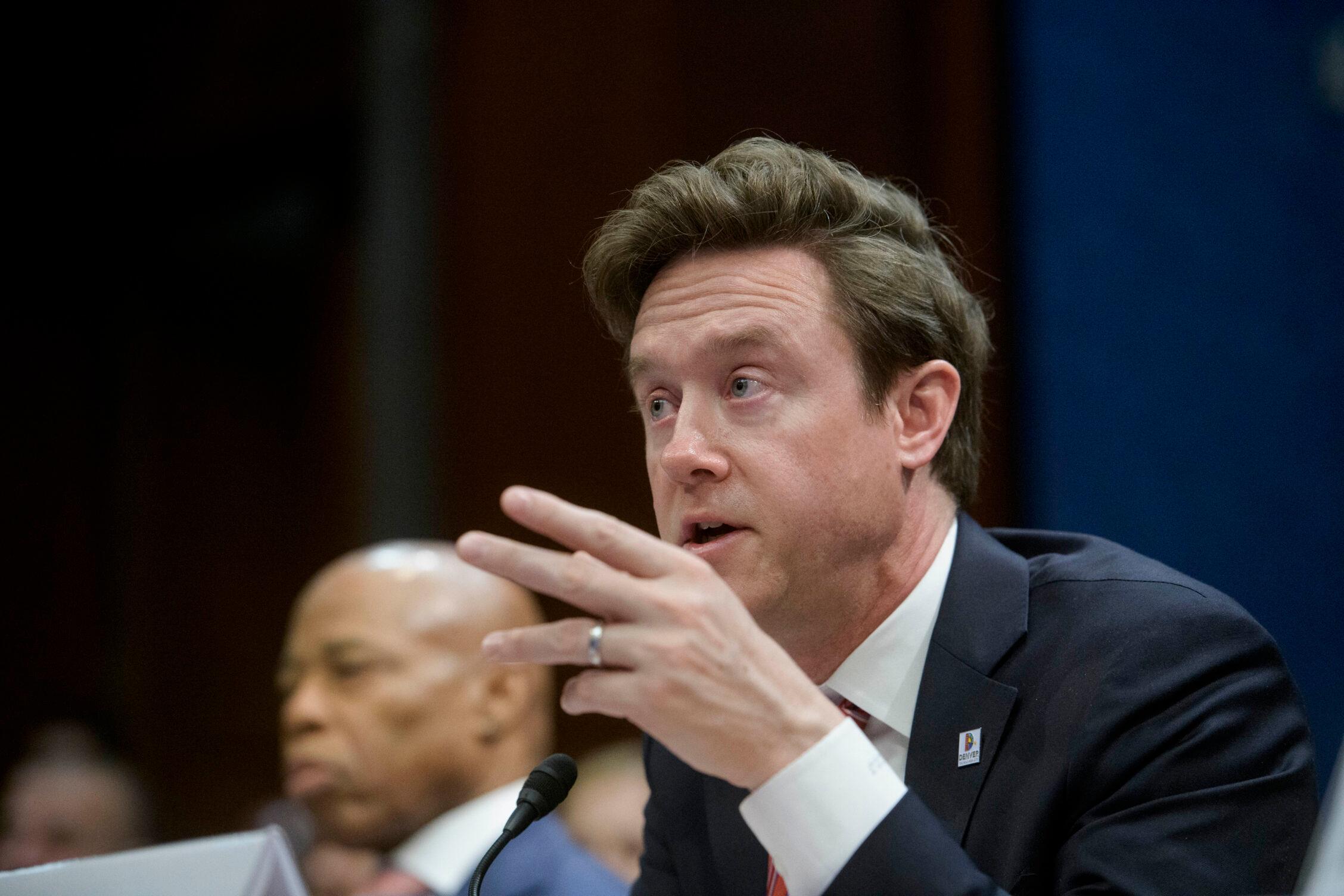
March 6, 2025: Denver mayor faces Congress on immigration; Continuing role of churches as sanctuaries
There were hours of testimony, accusations and threats on Capitol Hill as Denver Mayor Mike Johnston defended the city’s actions when it comes to immigration. Johnston was part of a panel of mayors called by Republicans to answer questions about their cities’ immigration policies. Then, churches have historically been places of sanctuary. But in the immigration debate now underway, do they still fit into the discussion? Also, dozens of people have been caught in avalanches this winter in Colorado — we re-share one man’s amazing story of survival.
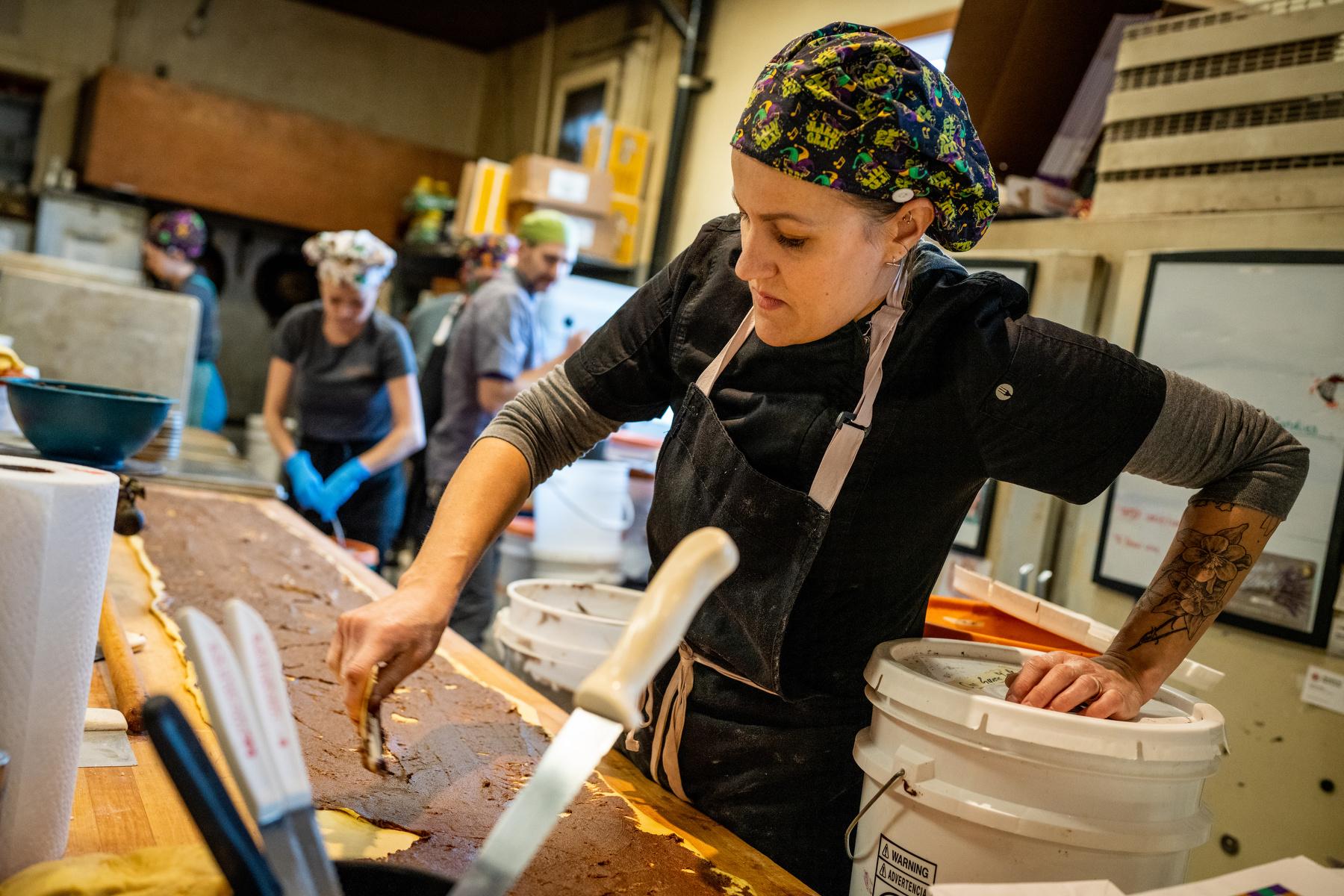
Celebrate Mardi Gras and Fat Tuesday… Arvada style!
It’s Fat Tuesday! The season of parades, masquerade balls and lots and lots of fun, would not be complete without a slice or two… (or three)… of king cake!
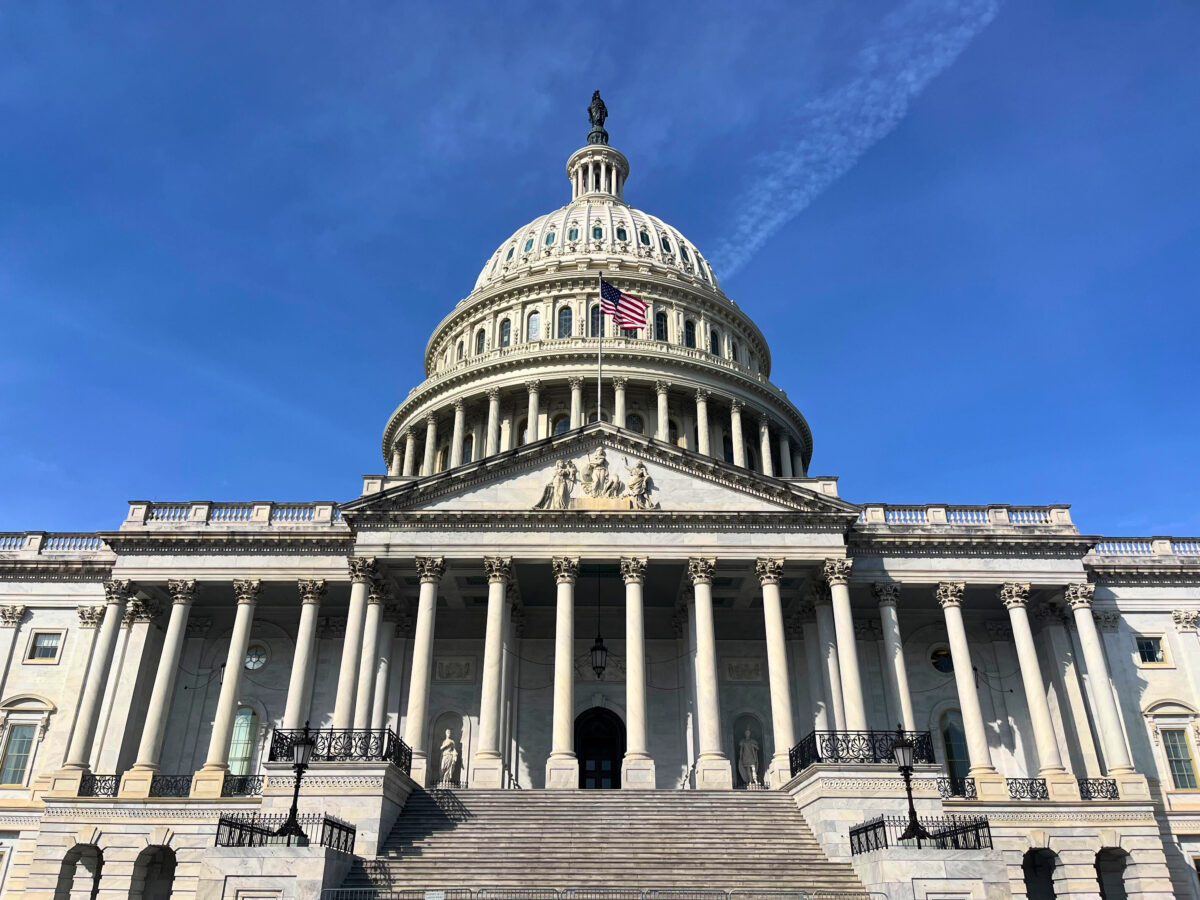
March 4, 2025: Impact of possible cuts on Medicaid; Flu season questions and answers
As Congress debates a budget that slashes spending, there’s concern those cuts could include Medicaid. We talk through the potential impact to patients, community health centers, hospitals — and the state’s economy. Then, doctors say it’s been quite a flu season in Colorado; we’ll ask about treatment and vaccines. Also, it’s Fat Tuesday, but you don’t have to head down South to get a taste of the official sweet treat of Mardi Gras. We’ll take you to an Arvada bakery that’s been serving up king cake for nearly 20 years!

Feb. 27, 2025: Denver International Airport marks 30 years of flight
Denver International Airport opened 30 years ago this week. We talk with two people who work at DIA who also worked at the old Stapleton Airport, about the big move, the iconic tent roof, the infamous automated baggage system and the ongoing construction. We also speak with former Denver Mayor Wellington Webb on this 30-year milestone. Webb was instrumental in the opening of the airport. He reflects on the challenges, the opportunities, and what the future could hold.
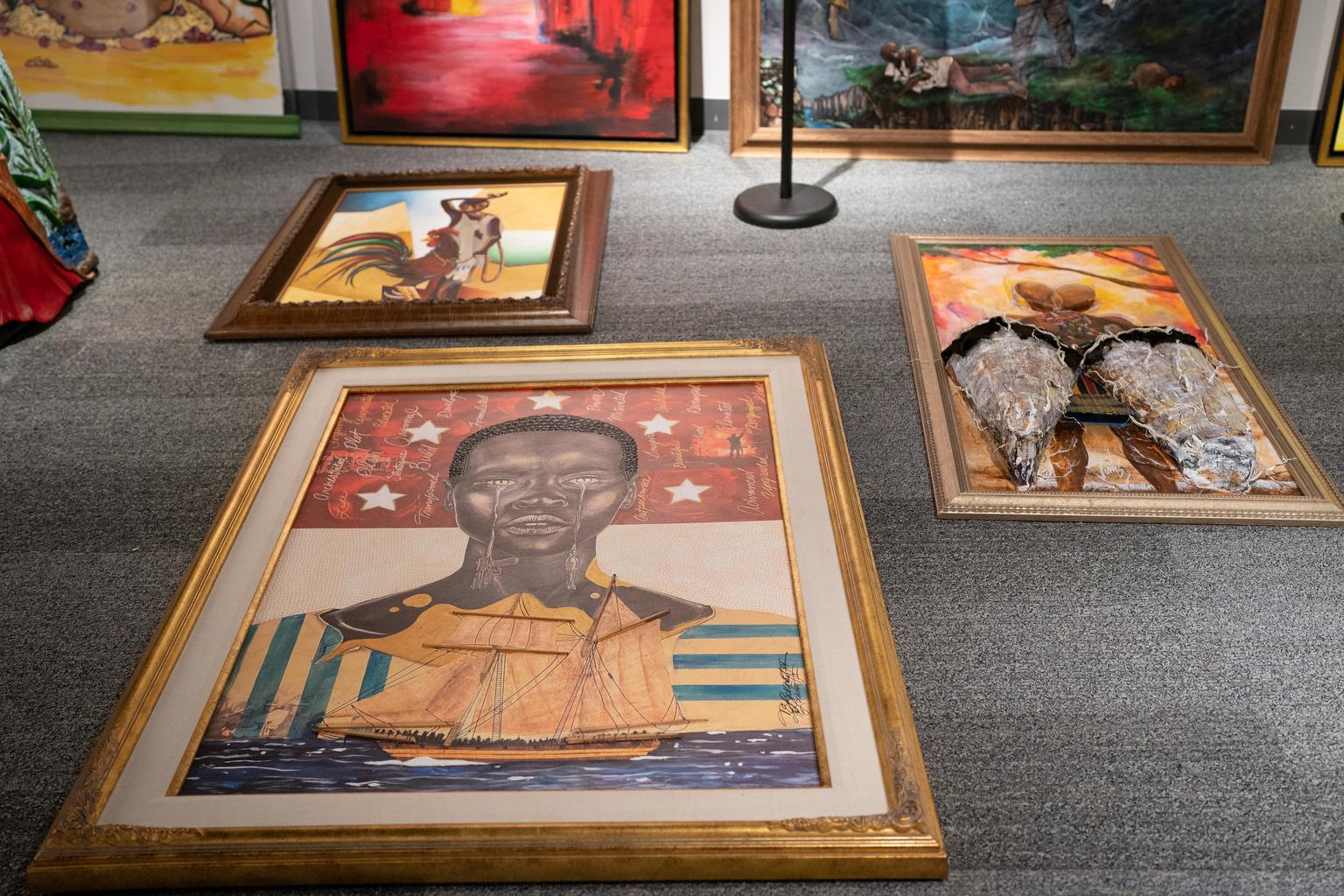
Feb. 25, 2025: What to do when aging in place is no longer possible; Elevating Colorado’s Black history
Independent living, assisted living, memory care — the terminology alone can be overwhelming. We wade through the many senior housing options when aging in place at home is no longer an option, with our conversation from January for Aging Matters on Colorado Matters. Then, for Black History Month, we revisit an exhibit at the Museum of Boulder that showcases Colorado’s Black history. It runs through September.
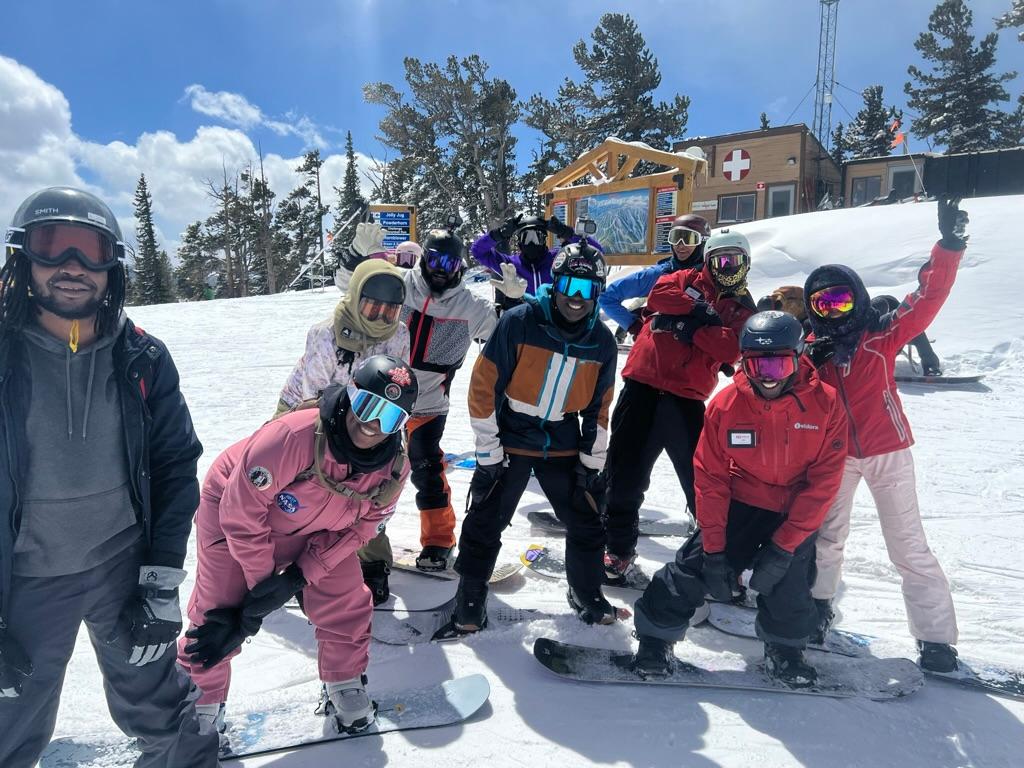
Skiers and snowboarders from around the world hit the slopes of Keystone with the goal of diversity, inclusion, and fun
The National Brotherhood of Snowsports is returning to Colorado this weekend for its annual ski summit, bringing an estimated 3,000 skiers and snowboarders of color to Keystone through February 28th.

Colorado students ‘Trash the Runway’ for sustainability
Students in Colorado are getting ready to trash the runway — on purpose. They’re learning about fashion and sustainability by using trash, and only trash, to create high-end designs.
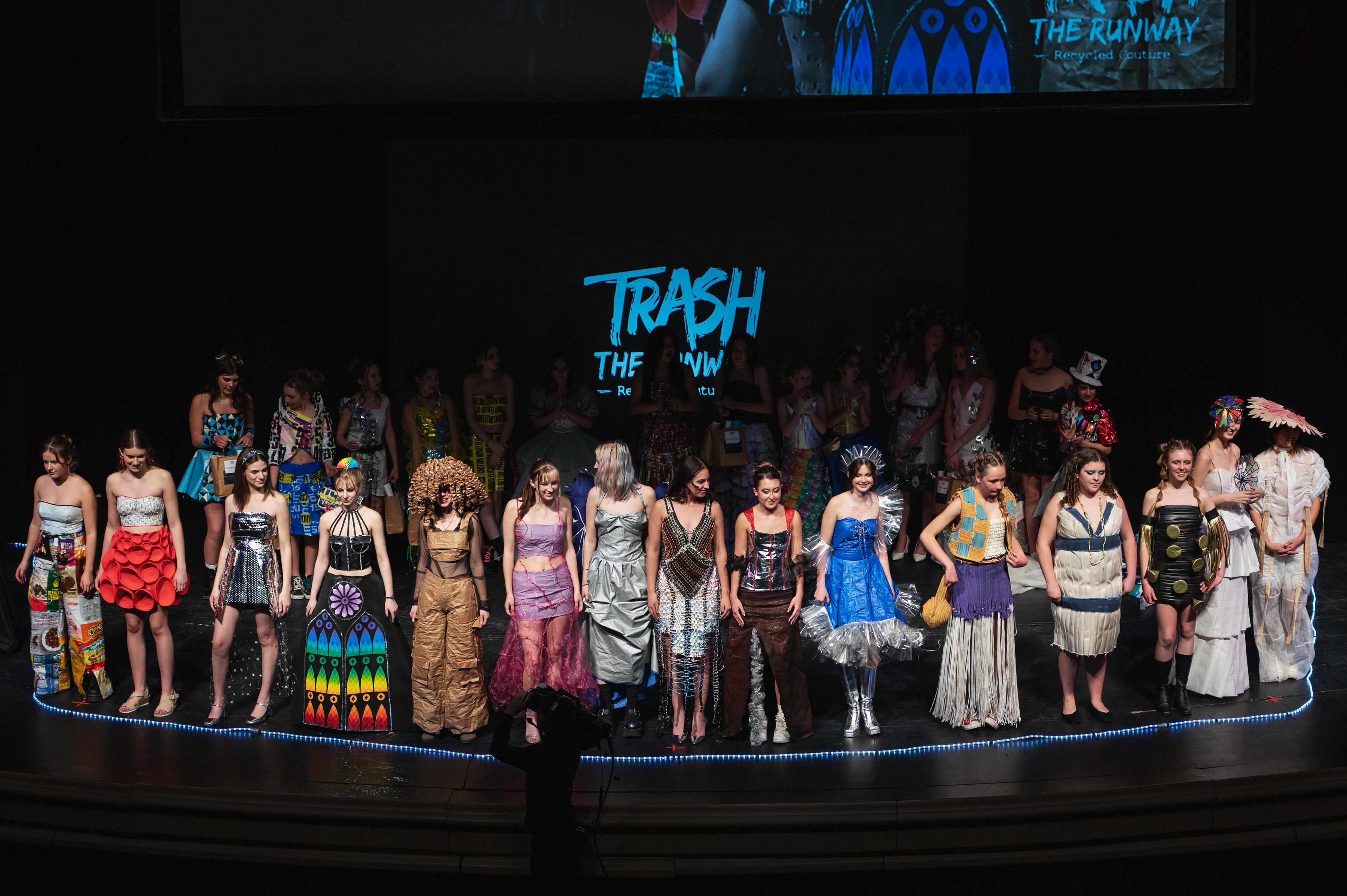
Feb. 20, 2025: Colorado students ‘trash the runway’ in the name of sustainability; Diversifying snow sports
Students across Colorado are getting ready to “Trash the Runway”… on purpose. They’re learning about fashion and sustainability by using the stuff we throw out to create high-end design. They’re also learning critical problem solving and confidence at the same time. Then, thousands of skiers and snowboarders of color are hitting the slopes of Keystone starting this weekend, to support diversity in snow sports, along with future Olympians.
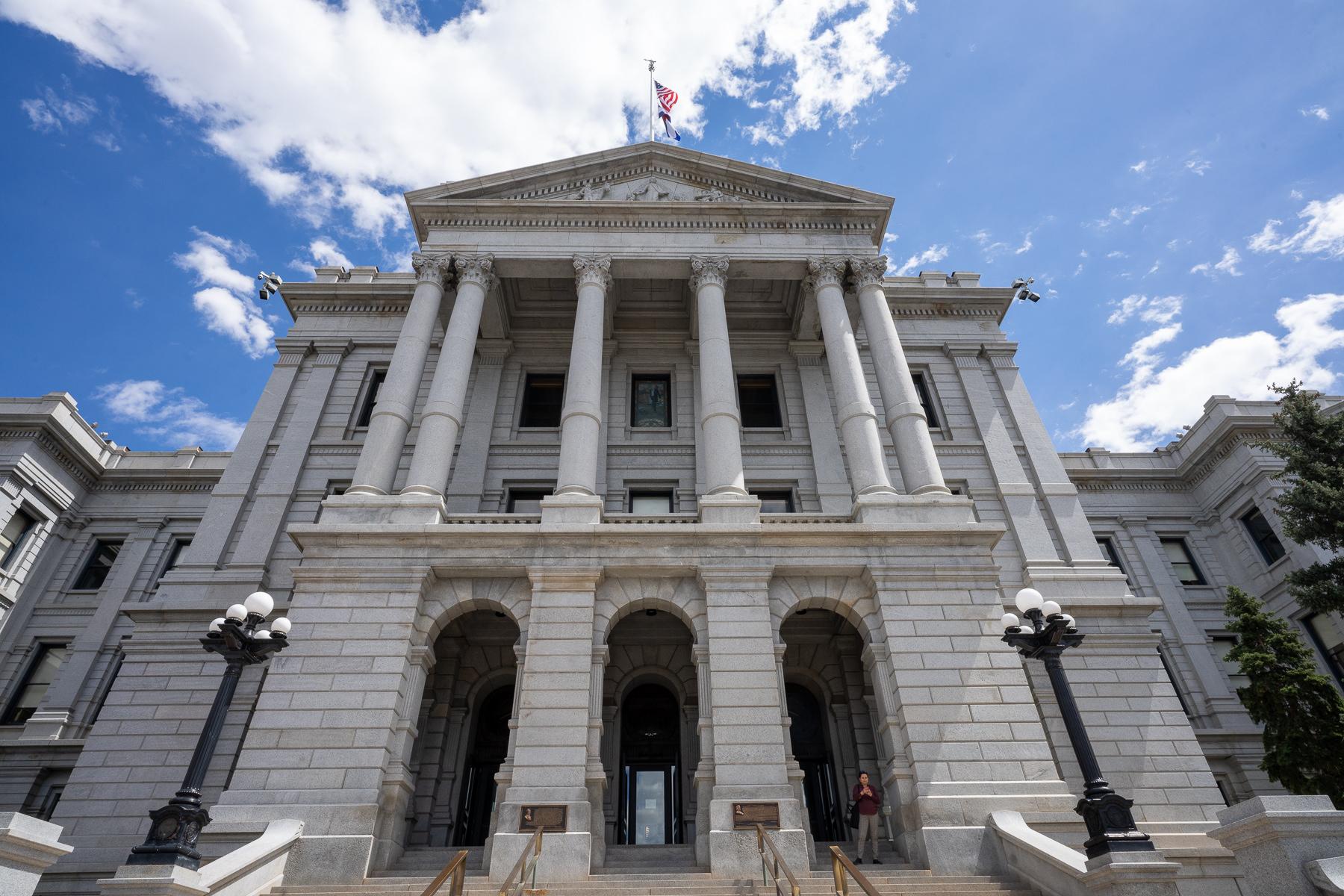
Feb. 18, 2025: Colorado’s billion dollar budget hole; Amphitheater CEO on success, noise complaints
State lawmakers are faced with closing a potentially billion dollar budget gap; Purplish explores how Colorado got here and possible solutions. Then, the CEO of VENU, which built the Ford Amphitheatre in Colorado Springs, answers questions about its success, and the noise complaints it’s generated. Plus, we salute a 101-year-old Tuskegee airman in Colorado for Black History Month.

Feb. 13, 2025: Help for sex trafficking survivors; Colorado Wonders about potholes
Sex trafficking is a growing problem in Colorado — the state now ranks 10th for the most reported cases. We hear from a survivor who shares how she took back control of her life. Then, imagine driving along a rough road when two of your tires pop. It happened to one Colorado driver — and Colorado Wonders about the state paying for the damage. Also, her mother marched on Washington more than 60 years ago with Dr. Martin Luther King Jr. We’ll re-share her daughter’s journey back to D.C. for Black History Month. And History Colorado incorporates works by living artists — to connect past and present.
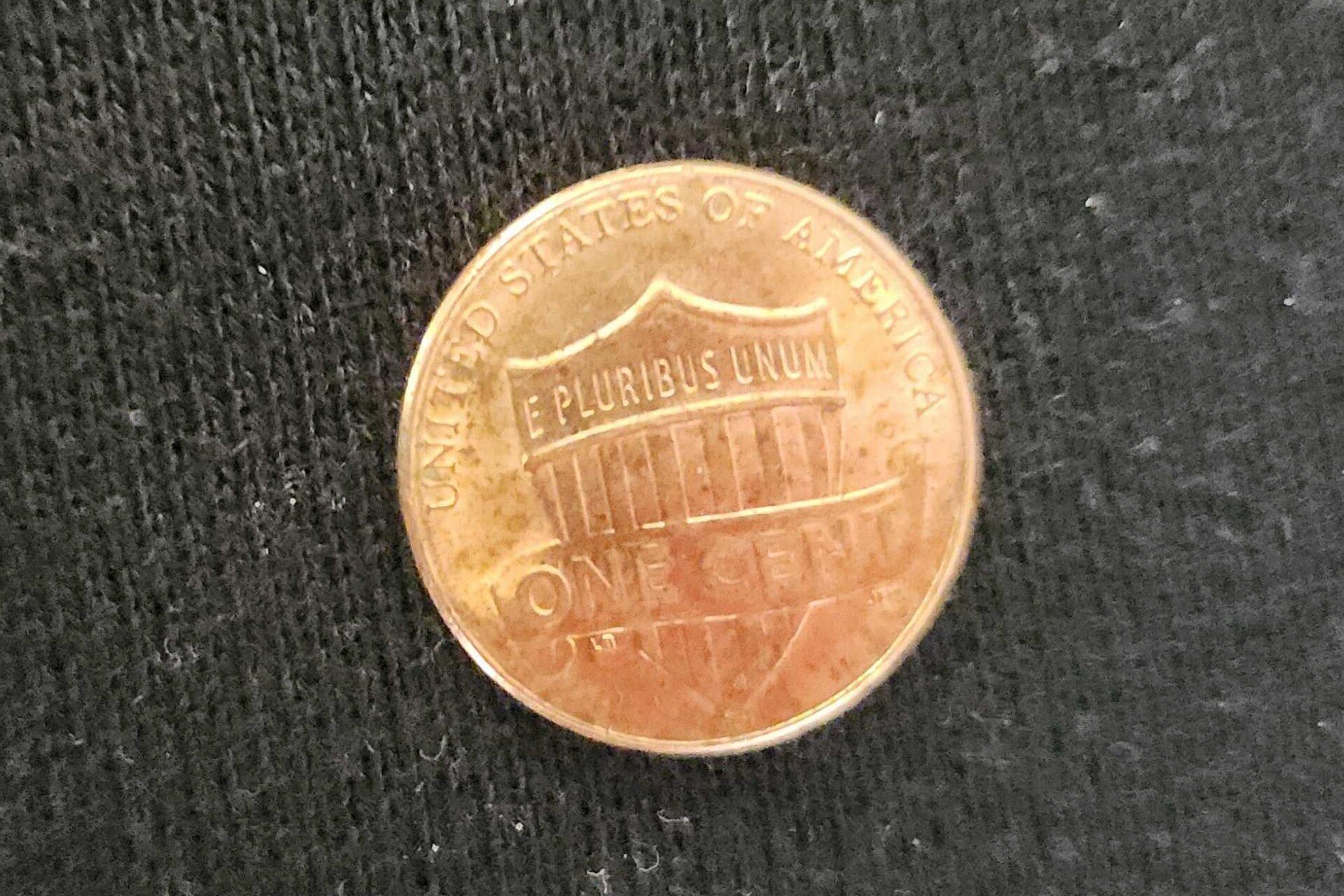
Feb. 11, 2025: Dean says she was fired for objecting to book ban; A history of pennies
A Black middle school dean says she was fired by a school district in Colorado for objecting to a book ban. Now she’s filed a civil rights complaint. Then, President Trump has told the Treasury Department to stop making pennies. They’re minted in Denver. We’ll talk about the history and cost of the one cent coin. Plus, Chandra tries to up her “Colorado street cred” by taking on skiing thanks the BIPoC Mountain Collective. And author Laura Krantz asks, “Do you believe in magic?”
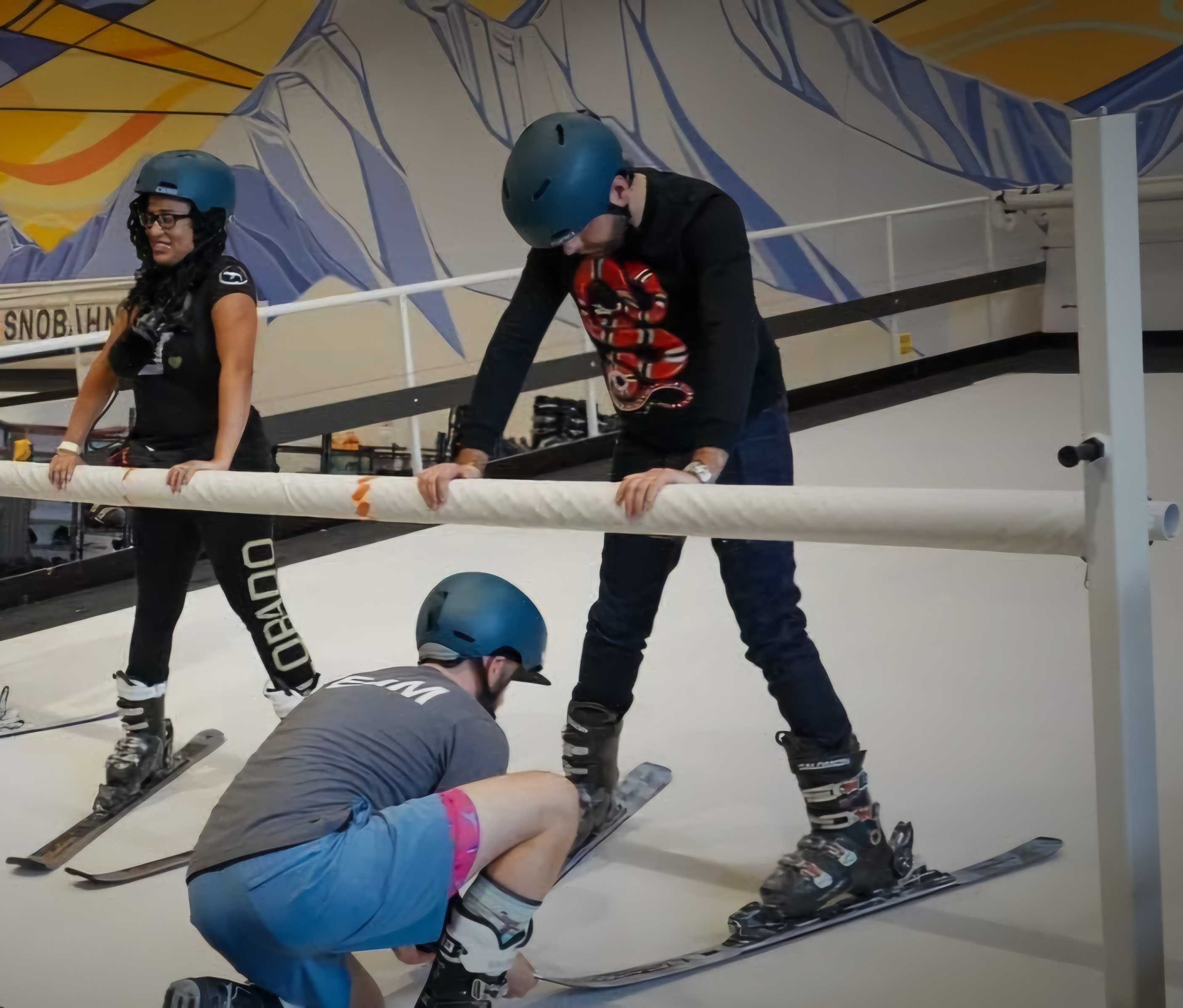
Southerner on snow! CPR host tries her hand at skiing for the first time
Colorado Matters host Chandra Thomas Whitfield has been in this state for more than a decade and has never skied! So recently she decided to change that.
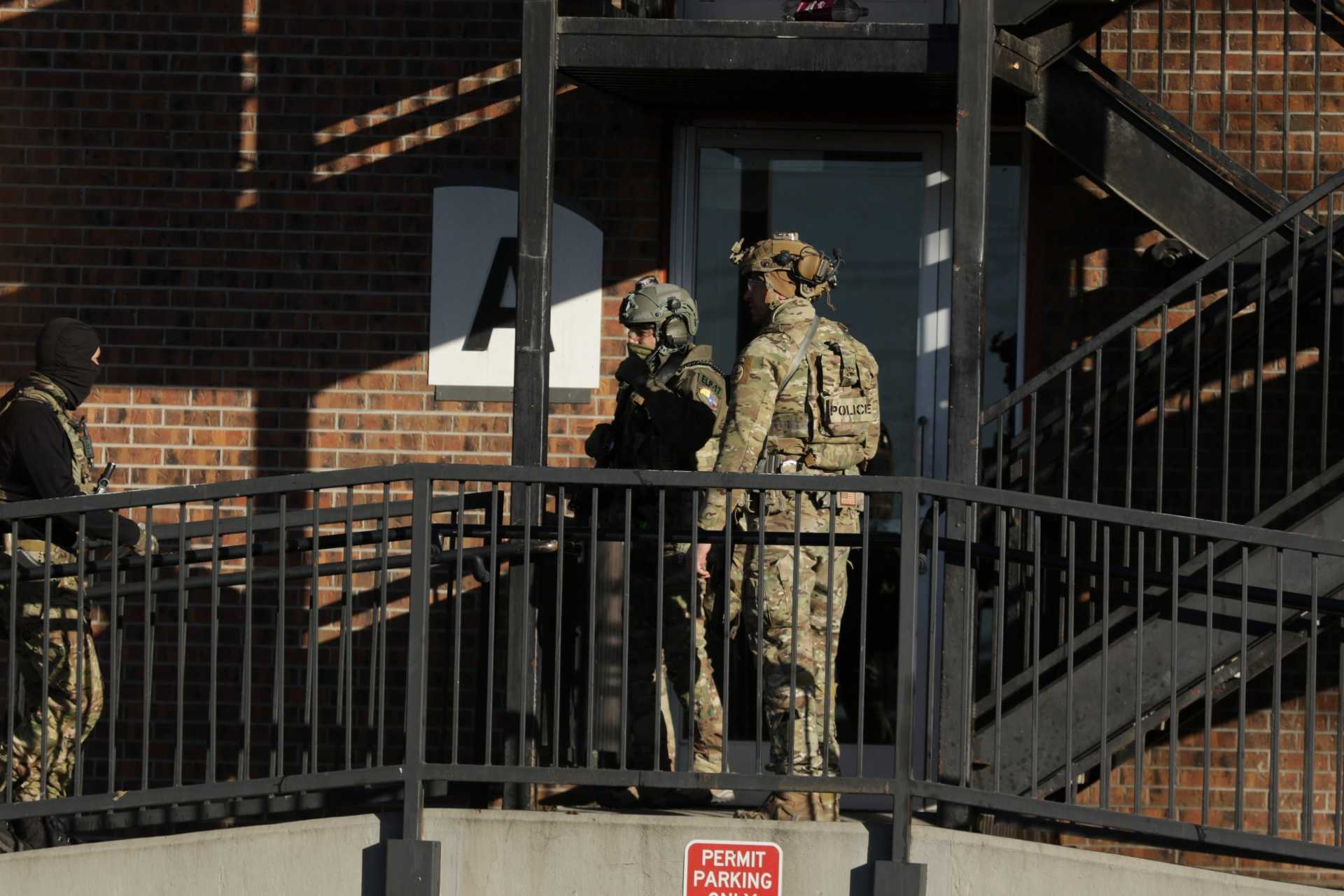
Feb. 6, 2025: ICE roundups in Denver; Studying psilocybin’s effect on depression
Early Wednesday morning, immigration agents, along with local and federal law enforcement officers, descended on an apartment complex in Aurora. We look at what happened — and what happens next. Then, researchers in Colorado want to know if psilocybin – also known as psychedelic mushrooms – can help people process past trauma. And, with a pair of Black quarterbacks facing off in Sunday’s Super Bowl, we revisit a book focused on African-Americans and their evolution at the position.

Getting organized can be as easy as just getting started! Helpful hints for decluttering
We’re just weeks into a new year, which for many of us is the perfect season to set new goals, plan out the year ahead and, yes, finally get more organized. Colorado Matters host Chandra Thomas Whitfield has already checked off a big item on her 2025 “to do” list: decluttering and organizing her home office with the help of Denine Moser of Serenity Now Professional Organizing of Castle Rock. Moser shared some helpful tips on how to tackle a big reorganization project.
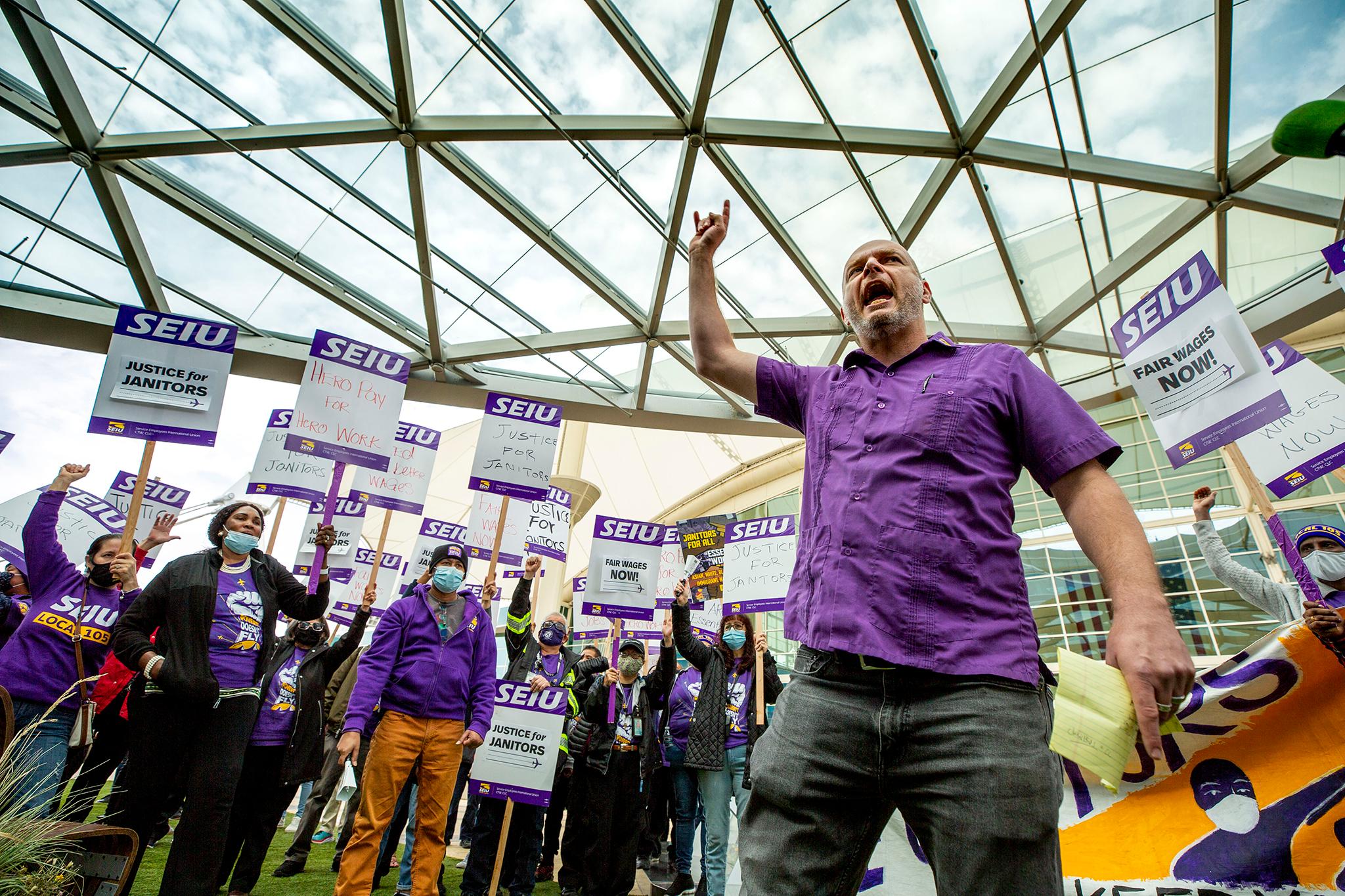
Feb. 4, 2025: Legislature debates the Labor Peace Act; AI judging and the X-Games
Colorado’s Labor Peace Act makes it harder to organize unions compared to other states. Now, Purplish weighs in as the legislature debates if the unique, more-than-80-year-old law should be repealed. Also, this year’s X Games competition in Aspen featured something new — Artificial Intelligence. Could the trial run start a revolution to replace human-judged competitions going forward? And, the 155-acre, former Park Hill Golf Course has been at the center of a years-long battle. Soon it will become Denver’s newest public park. And, tips for decluttering.
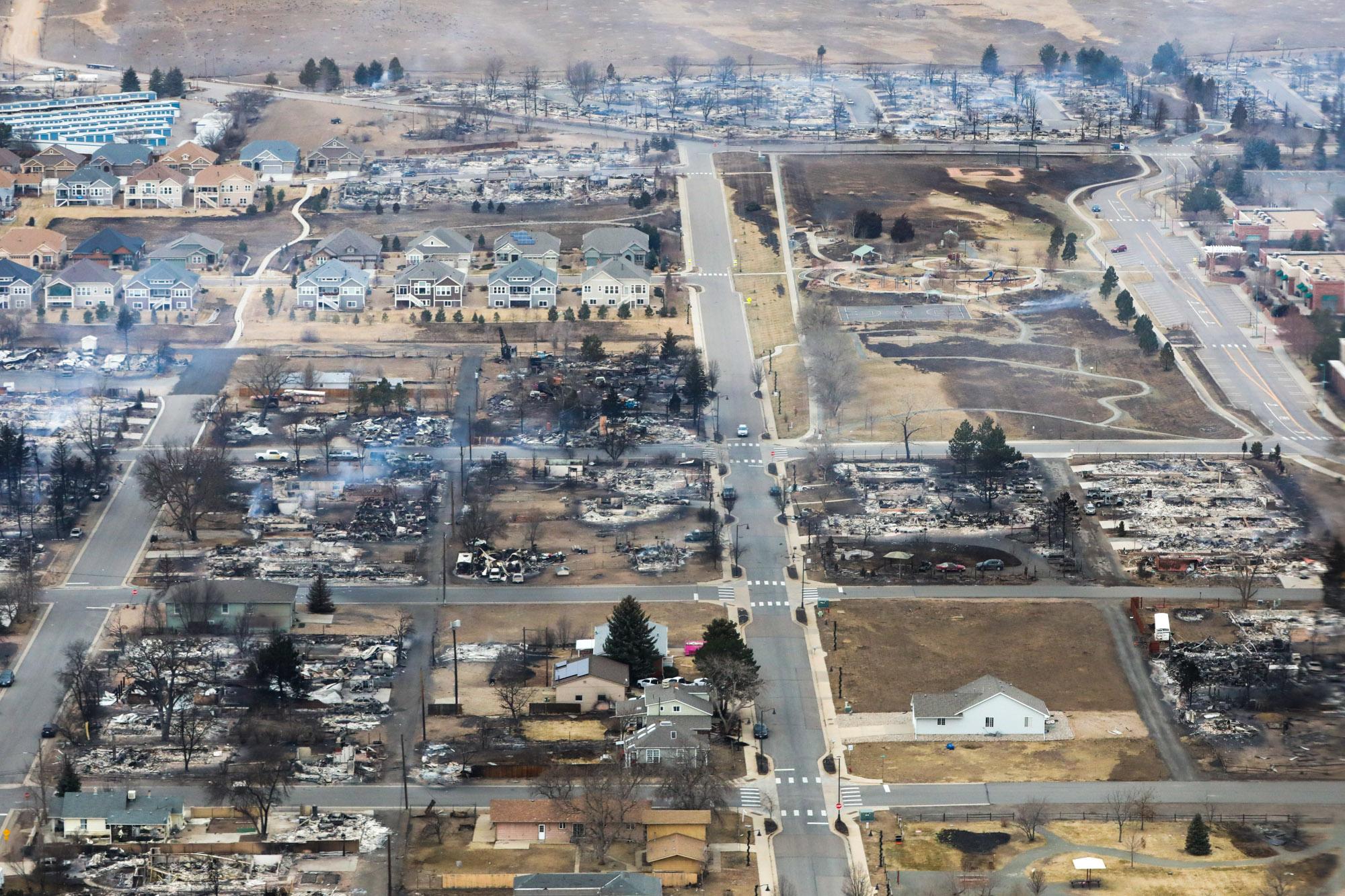
Are you prepared to evacuate in the event of an emergency like a wildfire or a flood?
The devastating wildfires in California are bringing back a lot of painful memories of the Marshall Fire that swept through Boulder County in 2021, causing more than $2 billion in […]

